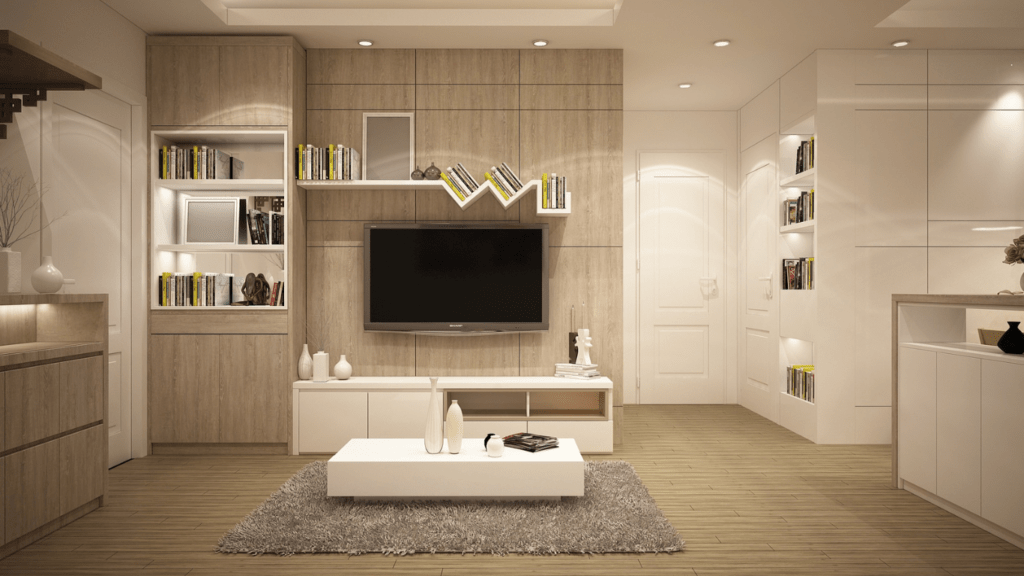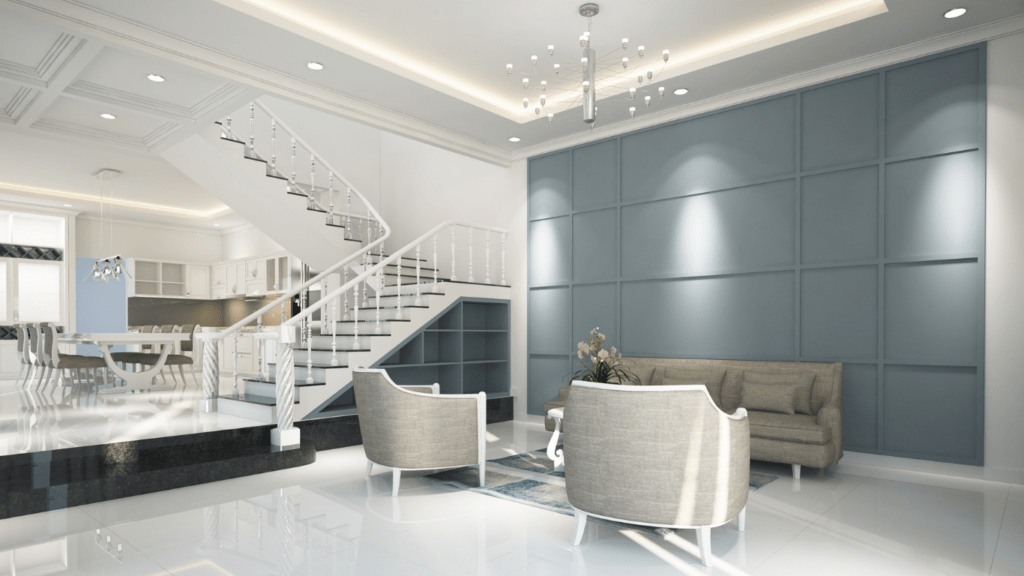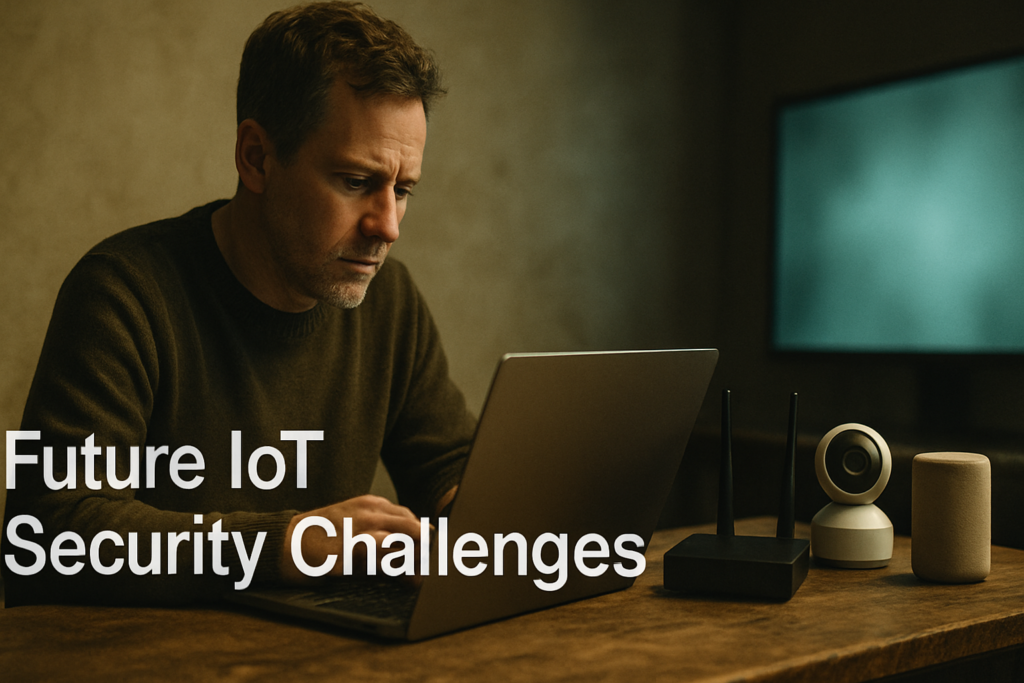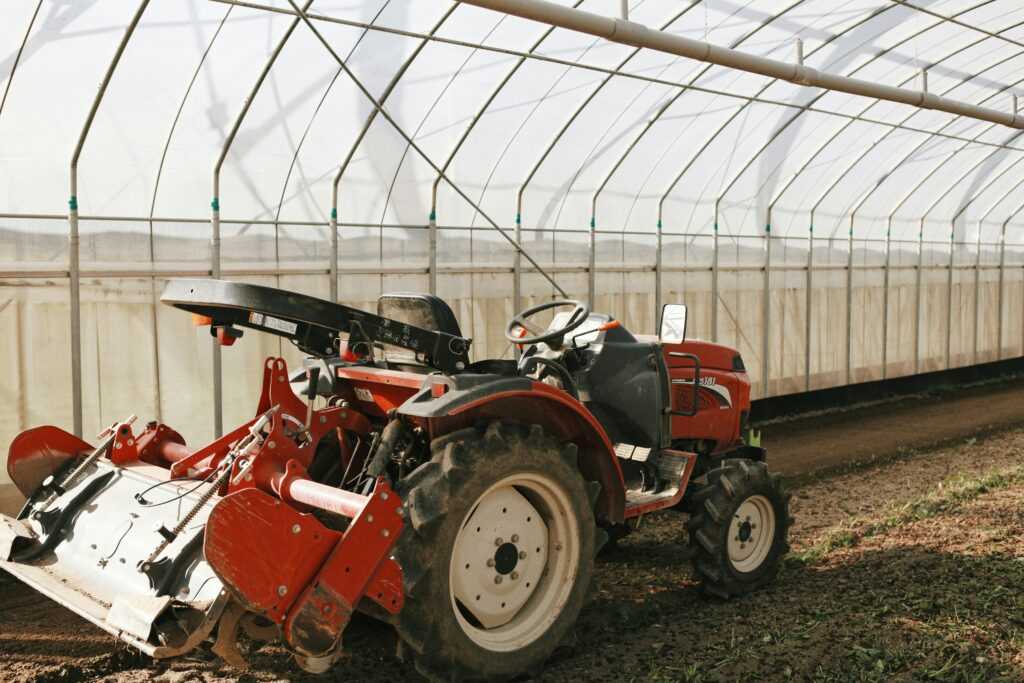Imagine a home where your morning coffee brews itself as soon as your alarm goes off, and your thermostat adjusts to your preferred temperature before you even step out of bed. This is the reality of smart homes powered by the Internet of Things (IoT). As a tech enthusiast, I’ve witnessed firsthand how IoT devices are revolutionizing the way we interact with our living spaces.
In this article, I’ll delve into the ways IoT is reshaping the concept of home automation, from smart lighting that adapts to your mood to security systems that learn your daily routine. Join me as we explore the endless possibilities that IoT brings to modern living, making our homes not just smarter, but also more intuitive and responsive to our needs.
Evolution of Smart Homes
As I delve into the evolution of smart homes, it’s fascinating to witness how technology has reshaped the way we interact with our living spaces. From basic home automation to the interconnected ecosystem of IoT devices, the progression has been nothing short of revolutionary.
Early Beginnings:
In the early days of smart homes, automation was limited to simple tasks like setting timers for lights or thermostats. Basic functionalities paved the way for the integration of more sophisticated technologies.
Rise of IoT:
With the advent of IoT, smart homes took a giant leap forward. The ability of devices to communicate and interact with each other not only enhanced convenience but also opened up a realm of possibilities.
Integration and Interconnectivity:
One of the key milestones in the evolution of smart homes has been the seamless integration of various devices and systems. From smart speakers controlling multiple appliances to sensors adjusting settings based on real-time data, interconnectivity has become the cornerstone of modern smart homes.
Personalization and Adaptability:
The evolution of smart homes has also focused on personalization and adaptability. Devices now have the intelligence to learn user preferences, anticipate needs, and create customized experiences tailored to individual lifestyles.
Sustainability and Energy Efficiency:
A significant aspect of the evolution of smart homes is the emphasis on sustainability and energy efficiency. IoT devices enable optimized energy usage, proactive monitoring of resources, and eco-friendly practices that contribute to a greener living environment.
Future Prospects:
Looking ahead, the evolution of smart homes continues to unfold with advancements in AI, machine learning, and smart algorithms. The future holds potential for even greater integration, automation, and intelligence, shaping homes that are not just smart but truly intuitive.
In tracing the evolution of smart homes, it becomes evident that the journey from basic automation to the interconnected world of IoT has transformed living spaces into dynamic, responsive environments. The limitless possibilities that IoT offers continue to redefine the concept of modern homes, making them more than just living spaces but extensions of our lifestyles and preferences.
IoT Integration in Smart Home Devices
IoT integration in smart home devices has radically transformed how we interact with technology in our living spaces. From smart appliances to security systems and climate control systems, the seamless connectivity offered by IoT has revolutionized the way we experience comfort, convenience, and security in our homes. Let’s delve into the specific enhancements brought about by IoT in these key areas.
Smart Appliances
Smart appliances, such as refrigerators, washing machines, and thermostats, have become integral components of modern smart homes. These devices are equipped with sensors and connectivity features that allow users to control them remotely via smartphone applications or voice assistants. For example, I can check if I need to buy groceries while at the store by accessing my smart refrigerator’s internal camera through an app. This level of convenience not only saves time but also enhances energy efficiency by optimizing appliance usage based on real-time data.
Security Systems
IoT has elevated home security to a new level by enabling the integration of cameras, motion sensors, and smart locks into cohesive systems. These interconnected devices can be monitored and controlled remotely, providing homeowners with real-time updates on their property’s security status. In my home, I receive instant alerts on my phone when unusual activity is detected, allowing me to take immediate action or contact authorities if necessary. The ability to automate security responses based on predefined rules adds an extra layer of protection and peace of mind.
Climate Control Systems
IoT-powered climate control systems have redefined the way we manage home comfort and energy consumption. Smart thermostats can learn our heating and cooling preferences over time, adjusting settings automatically to optimize comfort and reduce energy waste. I can set personalized schedules and temperature zones through my smartphone, ensuring that each room maintains the ideal climate while minimizing energy usage. By leveraging IoT in climate control, I not only enhance my living environment’s comfort but also contribute to sustainability efforts by reducing my carbon footprint.
Enhanced User Experience
In smart homes powered by IoT technology, the user experience is elevated to a whole new level. With seamless connectivity and intelligent automation, everyday tasks become more convenient and efficient. Imagine walking into your home, and it automatically adjusts the lighting, temperature, and music to your preferences without you having to lift a finger. This level of personalization is made possible by IoT devices working together harmoniously to create a truly smart environment tailored to your needs.
IoT integration in smart homes not only enhances convenience but also prioritizes safety and security. By connecting security systems to IoT devices, homeowners can remotely monitor their property in real-time, receive alerts for any unusual activity, and even control access to their homes from anywhere in the world. This added layer of security brings peace of mind and a heightened sense of control over one’s living space.
Moreover, climate control systems in smart homes are revolutionized through IoT technology. Imagine being able to adjust the temperature in different rooms of your home using a simple voice command or a tap on your smartphone. IoT-enabled thermostats learn your preferences over time and optimize energy usage to maximize comfort while reducing utility costs. This level of adaptability not only enhances comfort but also promotes sustainability by efficiently managing energy consumption.
In essence, IoT is not just about connecting devices; it’s about creating a holistic living experience that revolves around the user. From smart appliances that learn your habits to security systems that keep you safe, IoT transforms ordinary houses into intelligent, responsive homes that cater to your every need. The enhanced user experience offered by IoT in smart homes is a testament to the boundless possibilities of technology in redefining the way we live.
Future Trends in IoT Smart Homes
Exploring the future trends in IoT smart homes reveals exciting developments that are reshaping the way we interact with our living spaces. In the coming years, we can expect to see further advancements in technology that will enhance the functionality and connectivity of smart home devices.
-
Enhanced Interconnectivity:
IoT devices in smart homes will become even more interconnected, allowing for seamless communication between various appliances and systems. This enhanced interconnectivity will lead to a more integrated and cohesive smart home experience. - Artificial Intelligence Integration:
The integration of artificial intelligence (AI) into IoT devices will enable smart homes to learn user preferences and adapt to individual needs. AI-powered smart home systems will become more intelligent and intuitive, providing personalized solutions for homeowners.
Energy Efficiency Solutions:
Future IoT smart homes will focus even more on energy efficiency solutions. Advanced monitoring systems will optimize energy usage, reduce waste, and lower electricity bills by automatically adjusting settings based on user behavior and environmental conditions.
Enhanced Security Features:
Security will remain a top priority in IoT smart homes, with the development of enhanced security features such as biometric authentication, advanced encryption protocols, and real-time monitoring capabilities. These advancements will ensure that smart homes are not only convenient but also highly secure.
Sustainability and Eco-Friendly Practices:
IoT technology will play a significant role in promoting sustainability and eco-friendly practices in smart homes. From smart thermostats that regulate energy consumption to water-saving devices that monitor usage, future trends will prioritize environmental consciousness in home automation.
Integration with Smart Cities:
As smart city initiatives gain momentum, IoT smart homes will become integral components of larger interconnected systems. The integration of smart homes with smart city infrastructure will enable seamless communication between homes, public services, and urban environments for a more sustainable and efficient living experience.
Health Monitoring and Wellness:
The future of IoT smart homes will also focus on health monitoring and wellness solutions. From smart fitness devices to integrated healthcare systems, homeowners can expect to see a greater emphasis on promoting well-being and preventive healthcare through IoT technologies.
Personalization and Customization:
Personalization will be key in the evolution of IoT smart homes, with devices tailored to individual preferences and lifestyles. Customizable settings, personalized recommendations, and adaptive technologies will create a more personalized and user-centric smart home experience.
By staying abreast of these future trends in IoT smart homes, homeowners can anticipate a more streamlined, efficient, and personalized living experience that integrates cutting-edge technology into every aspect of daily life.


 Holly Keenstier is a crucial helper at The Code Crafters Hub, where her contributions significantly enhance the platform's capabilities. Keenstier's background in software development and her meticulous approach to project tasks have made her an integral part of the team. Her role involves various responsibilities, from aiding in technical troubleshooting to supporting content development, all of which are essential to maintaining the hub’s high-quality standards.
Keenstier’s dedication to The Code Crafters Hub is evident in her commitment to delivering relevant and insightful content. Her efforts help ensure that the platform remains a leading resource for the latest advancements in web development, game development, IoT, and cybersecurity. Based in Warren, MI, Keenstier’s work is instrumental in keeping the hub’s offerings dynamic and up-to-date.
Holly Keenstier is a crucial helper at The Code Crafters Hub, where her contributions significantly enhance the platform's capabilities. Keenstier's background in software development and her meticulous approach to project tasks have made her an integral part of the team. Her role involves various responsibilities, from aiding in technical troubleshooting to supporting content development, all of which are essential to maintaining the hub’s high-quality standards.
Keenstier’s dedication to The Code Crafters Hub is evident in her commitment to delivering relevant and insightful content. Her efforts help ensure that the platform remains a leading resource for the latest advancements in web development, game development, IoT, and cybersecurity. Based in Warren, MI, Keenstier’s work is instrumental in keeping the hub’s offerings dynamic and up-to-date.
